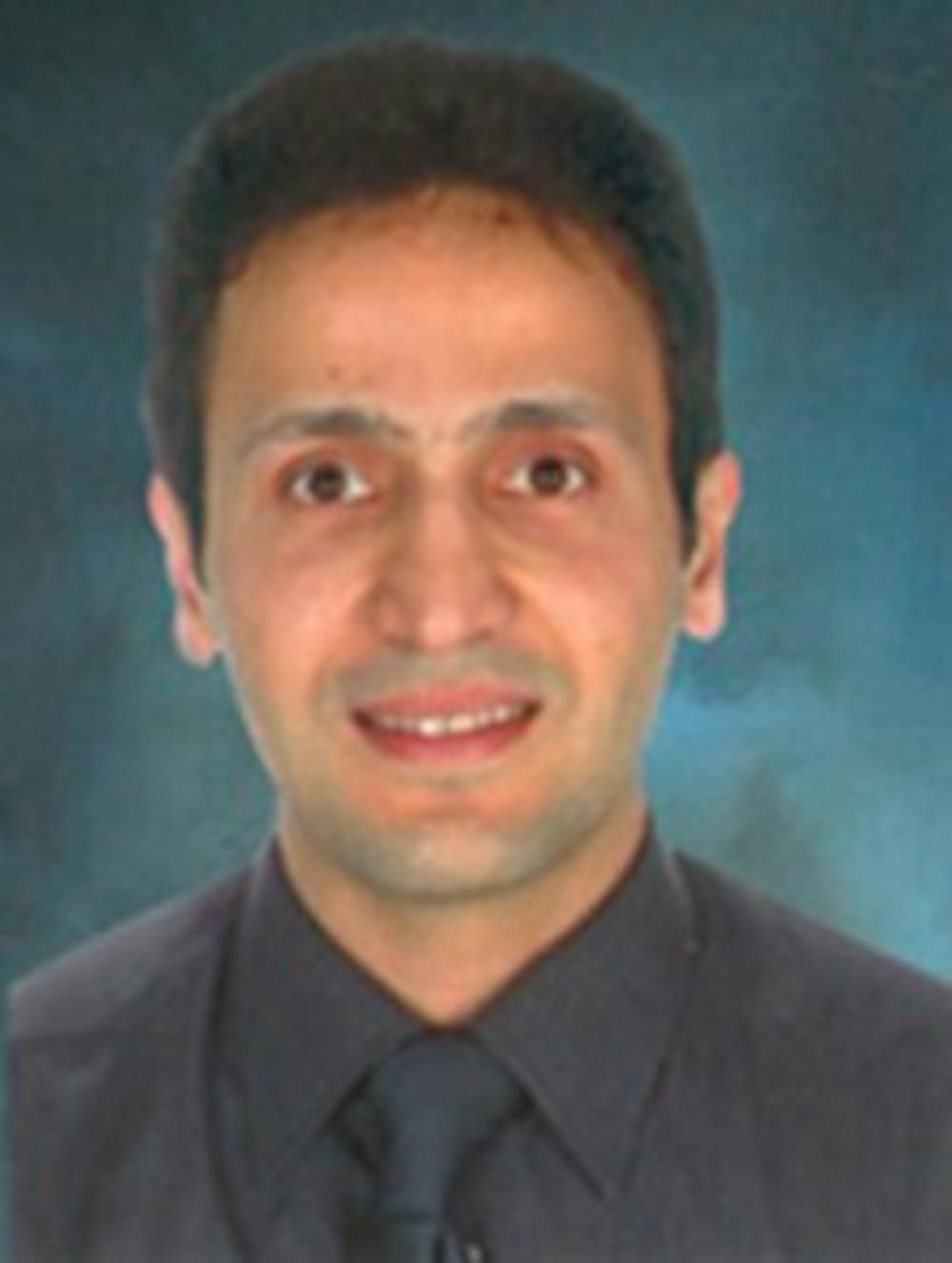Impressing college students can be trying for a professor.
But a glance at Raja Fayad's Rate My Professors profile shows a 4.7 out of 5 rating and glowing recommendations from former students, urging others to take his classes.
The 45-year-old professor was involved in research at the University of Illinois in Chicago, but when he came to the University of South Carolina in 2008, he started teaching. He was tenured in 2014, became an associate professor and recently added graduate director and head of the applied physiology division to his resume.
In February 2015, Fayad was shot to death by his ex-wife, Sunghee Kwon, in an office in the Arnold School of Public Health before she killed herself. The couple had maintained a relationship after their divorce and had been living together until recently when Fayad moved in with a family member.
In his lifetime, Fayad was published numerous times, logged countless hours of research searching for a cure for colon cancer and left a lasting impression on USC's exercise science department.
“He just had the kind of reputation that if something had to get done, he would get it done," said James Carson, Exercise Science Department Chair. "He assumed a lot of responsibility.”
Hundreds came together Friday afternoon to remember Fayad at a candlelight vigil on the Horseshoe — many had never had him in class or even met him.
And the fact that so many strangers came out to pay their respect spoke volumes to those who knew him.
“We have a pretty close department,” Lindsey Decker, a first-year graduate student in the Exercise Science Department, said. “But a lot of people here — most kids probably — aren’t from the school of public health.”
USC President Harris Pastides served as dean of the School of Public Health before Fayad joined the department, so he did not know him well. By reputation, Pastides said he always knew Fayad to be a talented researcher and an excellent teacher; Pastides visited with Fayad's brother Friday, as well as his colleagues from the Public Health Research Center.
"I did not know him as a friend," Pastides said. "But I know from speaking with students he was an excellent educator."
Allie Smith, a forth-year biology student, and Madison Lambert, a third-year exercise science student, both had Fayad for anatomy and physiology and found that he was always there to lend a helping hand to his students.
“He was a great guy. He cared about his students. He cared that we understood the material,” Lambert said. “He always tried to joke around with us and stuff, so he always, you know, tried to make class fun.”
Smith echoed Lambert, saying she found him to be patient and kind when explaining difficult topics during class and was always willing to delve into more difficult topics with her.
“He was a good professor,” she said. “And sometimes good professors are hard to come by, but he was great. You could tell that he really, truly cared about what he was teaching and what he was researching."
Lambert was certain that he wanted to make a difference through both his teaching and his research and thought it really showed through in his approach to teaching.
As a man not classically trained as a professor, Fayad jumped into the teaching realm and brought new life into the classes he taught.
“They will say that as a mentor, Raj didn’t just go that mile," Fayad's colleague Larry Durstine said. "He didn’t just go the extra two miles — he went the extra five miles."
He excelled at lecturing and mentoring the students of the department, Carson said, despite the fact that he had come from a research background.
“I think he just had this general body of knowledge,” he said. “He could convey things very nicely."
His research was impressive and his scientific knowledge appeared boundless at times, but, to those who knew him best, he was far more than a researcher or professor.
Carson never saw Fayad upset — he was easy-going and always the first to crack a joke, a few of the many reasons his death will leave a hole in the Exercise Science Department. Durstine agreed wholeheartedly.
“Raja was always looking for the good things,” Durstine said. “In the long run, he made us all better people.”
Editor-in-Chief Hannah Jeffrey contributed reporting.

